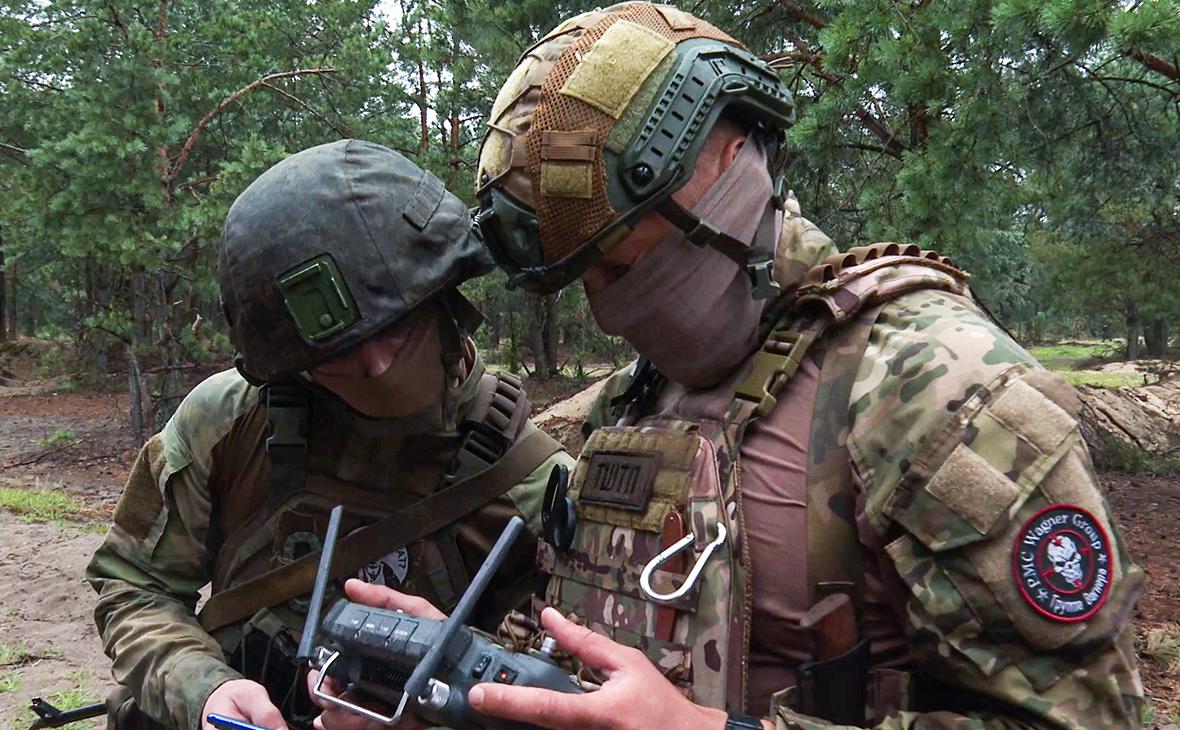Wagner is not leaving Belarus
 The situation has not changed
The situation has not changed

Even though the Wagner Group’s presence in Belarus has significantly dropped, the fact that the mercenary camp hasn’t been completely dismantled suggests that the Kremlin has plans to deploy these fighters in the future. Right now, the focus for the instructors is on training and establishing new special forces units within the Internal Troops of the Ministry of Internal Affairs. This process closely resembles what’s happening in the Russian National Guard, where the remains of Private Military Companies (PMCs) are actively merging.
As of today, there might be around 500–1000 Wagner group mercenaries in Belarus. Some of them could have flown to the Central African Republic (CAR) on board the Il-76 of Abakan Air – their presence was noted in October and November in Babruisk. These planes likely transported mercenaries or their equipment from Belarus to the CAR and Mali, and vice versa for rotation purposes.
At present, a significant portion of the equipment still remains in the Wagner camp in the village of Cel. While there was active dismantling of tents in previous months, by October, it had significantly slowed down, and there has been no new information about the work since then. At the beginning of October, there were 99 tents left (34% of the original number) and 1,040 pieces of equipment.
Simultaneously, Wagner group mercenaries in Belarus continue systematic training with the Internal Troops and special units of the Ministry of Internal Affairs of Belarus. In particular, PMC instructors who participated in military conflicts in Syria, Chechnya, and Ukraine are assisting in the creation and training of special forces units in the Internal Troops of the Ministry of Internal Affairs. In 2024, another special forces units will be formed in addition to the nine already created. In a less active mode, the Wagnerites continue training with units of the Belarusian Armed Forces, which are practically not reported by the media resources of the Ministry of Defense.
The reorientation of Wagner instructors to train the Internal Troops of the Ministry of Internal Affairs of Belarus and assist in the creation of special forces coincided with the entry of the Russian National Guard into the fight with the Ministry of Defense of the Russian Federation for the legacy of PMCs in Russia. After the rebellion and death of Yevgeny Prigozhin, one of the Wagner commanders, Andrei Troshev, switched sides to the Ministry of Defense. He, together with Deputy Defense Minister Yunus-bek Yevkurov, is integrating the remaining parts of Wagner into the structures of the military department and private military companies controlled by the Russian military, for example, Redut.
However, among the core of the “Wagnerites” and Prigozhin’s personal circle, Troshev has a reputation as a “traitor” who did not support the “rebellion.” In this regard, another part of the “Wagnerites” is being integrated into the system of the National Guard Troops of the Russian Federation (Rosguard). Under new legislation, it can now form volunteer units equipped with heavy weapons. This work is supervised by commander Anton Elizarov, who is able to attract a significant part of the fighters under his banner due to his personal authority. The personnel “recruitment” began after the head of the Russian National Guard, Viktor Zolotov, met with Pavel Prigozhin (the son of the late founder of the Wagner PMC) and the Wagner commander Elizarov at the end of September to discuss the issue of transferring the Wagner group under the control of the Russian National Guard.
Even earlier, immediately after the end of the “rebellion,” Zolotov also participated in a meeting between Prigozhin and Putin on June 29, where options for the future combat use of the Wagner PMC were discussed. Apparently, it was then decided that part of the Wagner group would come under the control of the Russian National Guard. At the same time, the Belarusian and African directions remain with the Wagner group as part of the Russian National Guard. In fact, the special forces units in the Internal Troops of the Ministry of Internal Affairs of Belarus are also created on the model of the “heavy formations” of the Wagner group as part of the Russian National Guard.
Therefore, the mothballing of the Wagner Group camp in Belarus may be related to Russia’s plans to use it in the future – immediately after the presidential elections in March 2024. The first units of the Wagner group as part of the volunteer formations of the Russian Ministry of Defense have already been seen in the battles near Avdiivka in Ukraine. The Wagnerites are expected to return to the front soon as part of the Russian National Guard units.
Subscribe to our newsletter




Situation in Belarus
Constitutional referendum: main consequences


 Video
Video
How to count the political prisoners: are the new criteria needed?


 Video
Video
Paternalism In Decline, Belarusian Euroscepticism, And The Influence Of Russia


 Video
Video












